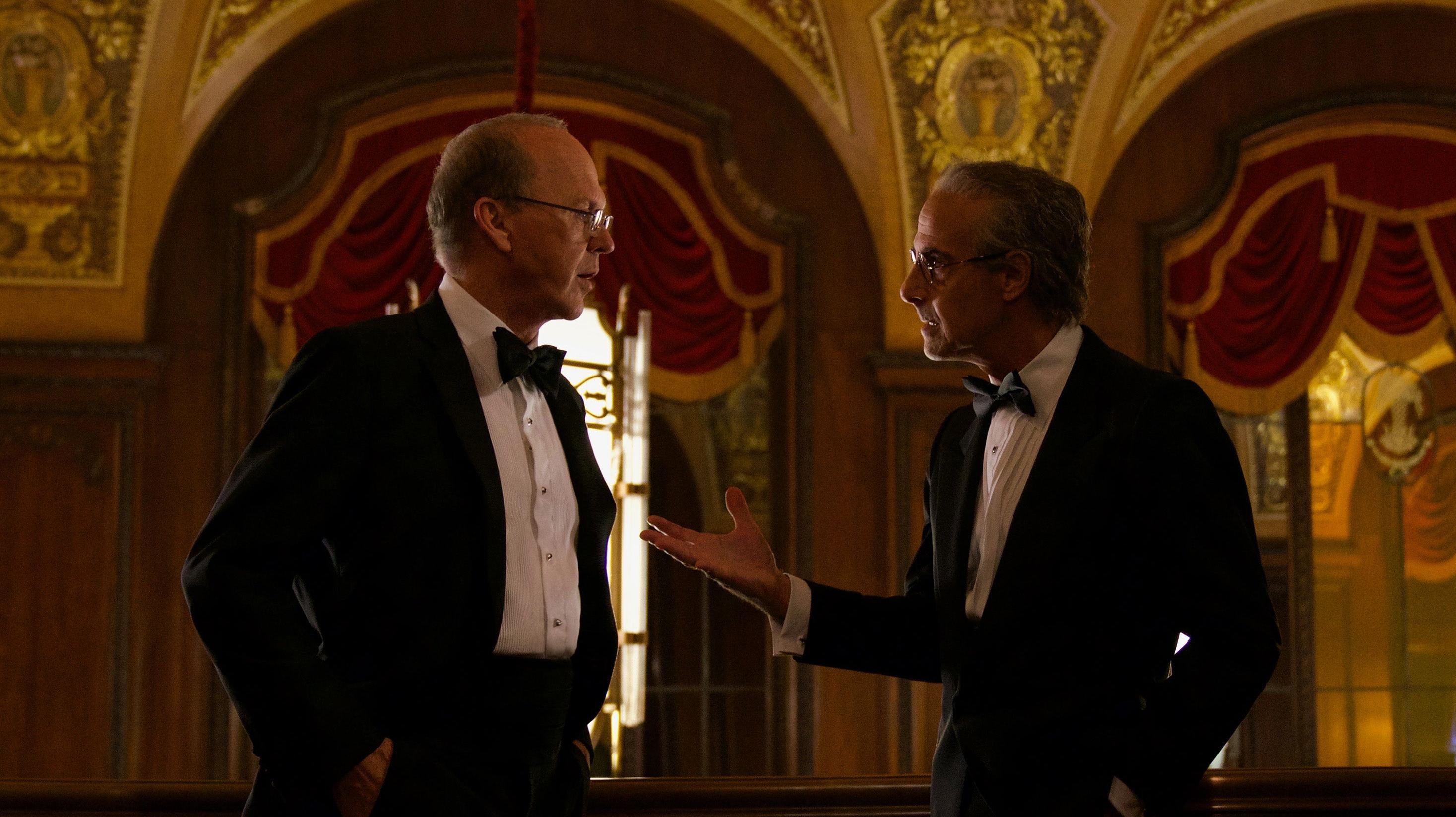On the cusp of the anniversary, Netflix’s Worth finds little to say about September 11th
This post-9/11 drama asks big questions but comes up short on answers

Coming up on the 20th anniversary of The Event, it seems worth reflecting on the paltry cinematic legacy of 9/11. There were, of course, movies that consciously evoked the sense of national tragedy unfolding live on the news; the choreographed horror and chaos of Steven Spielberg’s War Of The Worlds is the most successful example. Less artful were the many superhero blockbusters and Transformers sequels that, from about the mid-2000s, all seemed to end in dusty, rubble-strewn downtowns and what critics generically termed “9/11 imagery.” There were also movies that tried to reflect the New York spirit of the aftermath: disillusionment in Spike Lee’s 25th Hour, optimism in Sam Raimi’s Spider-Man. But as for the Event itself and the grief of the victims’ families, it has always been the domain of the worst kitsch, exemplified by the ending of Remember Me and the horrendous image of Tom Hanks falling toward the camera in Extremely Loud And Incredibly Close.
This should have probably come as no surprise; if memory serves, the immediate cultural response involved a lot of American flags and Kevin Spacey belting out “Mind Games” on TV. It is a common myth that the magnitude of 9/11 was simply too much to be addressed in a meaningful way. The truth is that, under the guidance of the Bush administration, 9/11 mostly brought out the worst in America, rather than the best: war, secrecy, alarmism, euphemism, xenophobia, military-industrial machinations, terrible country songs, and a level of conformism and media collusion (or at least gullibility) unseen since the Eisenhower years.
In this respect, Sara Colangelo’s Worth, in which 9/11 is depicted only briefly as a cacophony of ringing cellphones on a commuter train, feels initially refreshing. The script, by Max Borenstein (best known as a co-writer on the likes of Kong: Skull Island and Godzilla Vs. Kong), has found an intriguingly subtle angle on the post-9/11 conflict between mass grief and putative democratic values: the September 11th Victim Compensation Fund, or VCF. Established a mere ten days after 9/11 by an act of congress, this was in many ways a cynical creation, intended less to offer immediate assistance to survivors and victims’ families than to protect the country’s soon-to-be-embattled airlines from lawsuits; to receive the compensation, a potential beneficiary had to agree not to sue.
Acting through a Boston accent, Michael Keaton plays Ken Feinberg, an attorney, law professor, and expert in legal mediation who is picked by Attorney General John Ashcroft to administer the fund despite being a Democrat and former chief of staff to Ted Kennedy. It seems he is chosen, in large part, because he’s the only person in America who actually wants the job. Naturally, there are a few provisos. For one thing, the money can only be paid out if 80% of the potential beneficiaries agree to the government’s deal before the end of 2003. As for the sum, it will be calculated using a formula based on the victim’s potential lifetime earnings, meaning that the family of a hedge-fund manager will be paid exponentially more than that of a janitor. Thus, Ken and his partner, Camille Biros (Amy Ryan), have their work cut out for them: All they have to do is convince a large group of grieving families (many of whom harbor no illusions about the fact that they’re being paid off) to agree to these terms.
However coldly bureaucratic, Feinberg genuinely believes this to be a better option than a long, lengthy lawsuit. The question of a life’s worth is inevitably brought up—hence the title. But Worth ultimately sidesteps it; the scattered plot is about the fine print. In the absence of a will, the beneficiaries are supposed to be determined by the laws of the state where the victim resided, a solution that seems American and commonsensical but immediately raises problems. One victim is a gay Pentagon employee whose partner will be excluded from VFC payments under Virginia law; the compensation will instead be going to the victim’s estranged, homophobic family. Another turns out to have led something of a double life, with a mistress and two illegitimate children; under the law, all of his kids will qualify as beneficiaries, but the decision whether or not to accept compensation rests solely with his wife.
These kinds of law-school thought experiments animate the best parts of Worth, as do Feinberg’s occasional interactions with Charles Wolf (Stanley Tucci), a man very much like himself (stubborn, wealthy, an opera buff) who becomes the leader of a group opposed to the terms of the VCF. Genuinely interesting questions are raised about what qualifies as fair and democratic: a set of rules that applies to everyone equally, or a series of solutions and exceptions? The VCF may be the fairest option for the victims’ families as a group, but can it be fair to them as individuals? The film, however, struggles to make a point under Colangelo’s stolid direction, losing itself in thinly drawn subplots while trying to give an unconvincing feel-good redemption arc to Feinberg, a character who is neither very interesting nor very sympathetic. The result feels, perversely, unearned and a little cheap.